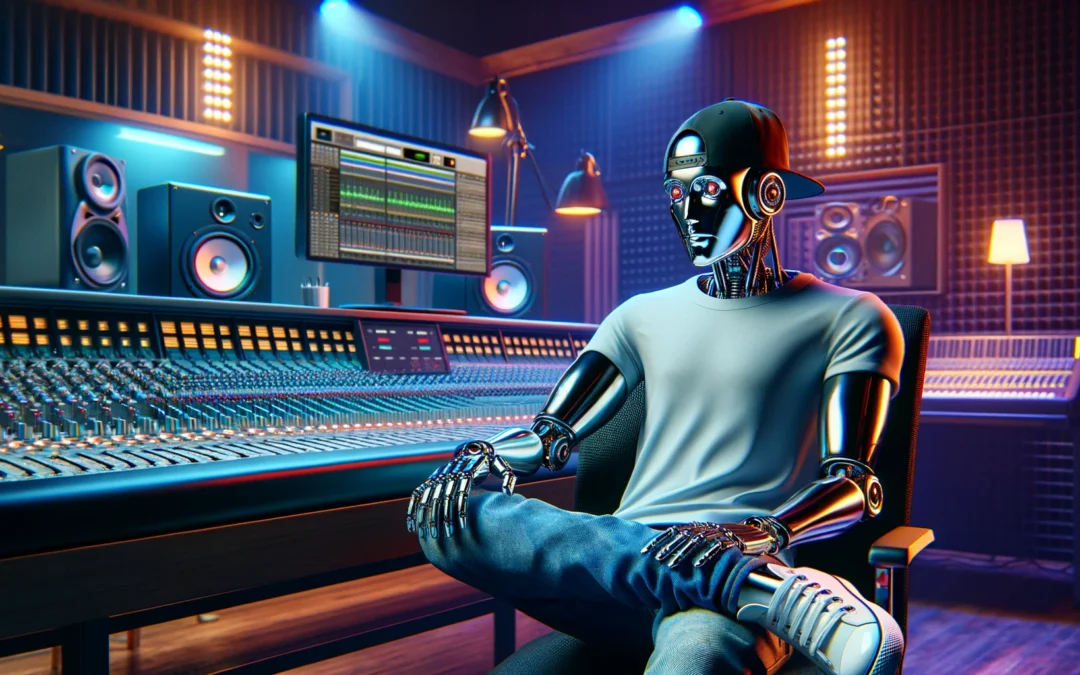Artificial intelligence (AI) is reshaping the landscape of creative media, with profound effects on the music industry in particular. AI’s ability to process and analyze vast datasets at an unprecedented speed enables it to master complex musical skills that typically take human professionals years to perfect. For instance, AI-driven systems can dissect thousands of songs to understand patterns, structures, and even emotional cadences that make music resonate with listeners. This capability allows AI to assist in or handle sophisticated aspects of music production, such as composition, arrangement, and sound design, pushing the boundaries of what can be achieved musically.
The prowess of AI in music production can be likened to having a team of highly skilled musicians, producers, and audio engineers working in perfect harmony. Unlike a human team, AI can work tirelessly, devoid of biases and without the logistical challenges of coordinating multiple creative minds. This efficiency not only expedites the creative process but also democratizes music production. Tools powered by AI can make high-quality production techniques accessible to artists with limited resources, enabling a broader range of musicians to achieve studio-quality sound without the need for expensive equipment or specialized knowledge.
One of the standout benefits of AI in music production is its capacity for personalization and automation in mixing and mastering. Traditionally, these are skills that require a deep understanding of both the technical and creative aspects of music. AI algorithms can automatically adjust levels, apply effects, and fine-tune frequencies to optimize sound for various listening environments, a process that can be both time-consuming and subjective when done manually. This not only speeds up the production cycle but also maintains a high standard of quality, potentially surpassing what can be achieved by novice human engineers.
Moreover, AI’s impact extends beyond just technical capabilities; it also fosters innovation by challenging traditional production methodologies. AI can experiment with sound in ways that might not occur to human producers, discovering unique combinations and sounds. This experimental approach can lead to new music genres and styles, further enriching the cultural tapestry of the music industry. For emerging artists, this means an opportunity to stand out with distinct sounds and musical signatures that were once the preserve of those with access to top-tier production resources.
However, the integration of AI in music production also invites scrutiny regarding its impact on creativity and job roles within the industry. While AI enhances and expands the creative possibilities, there is an ongoing debate about the extent to which it should replace human creativity. For many, the ideal scenario is a collaborative approach where AI and human creativity coexist, complementing each other’s strengths. This hybrid model could lead to more innovative music production while preserving the irreplaceable human touch that is so integral to the emotional depth and authenticity of music. This balance ensures that AI serves as a tool that enhances human capability rather than replacing it, keeping the soul of music alive while pushing its boundaries.

